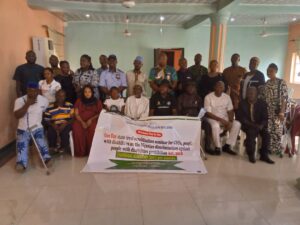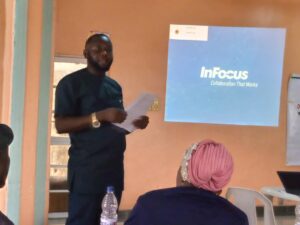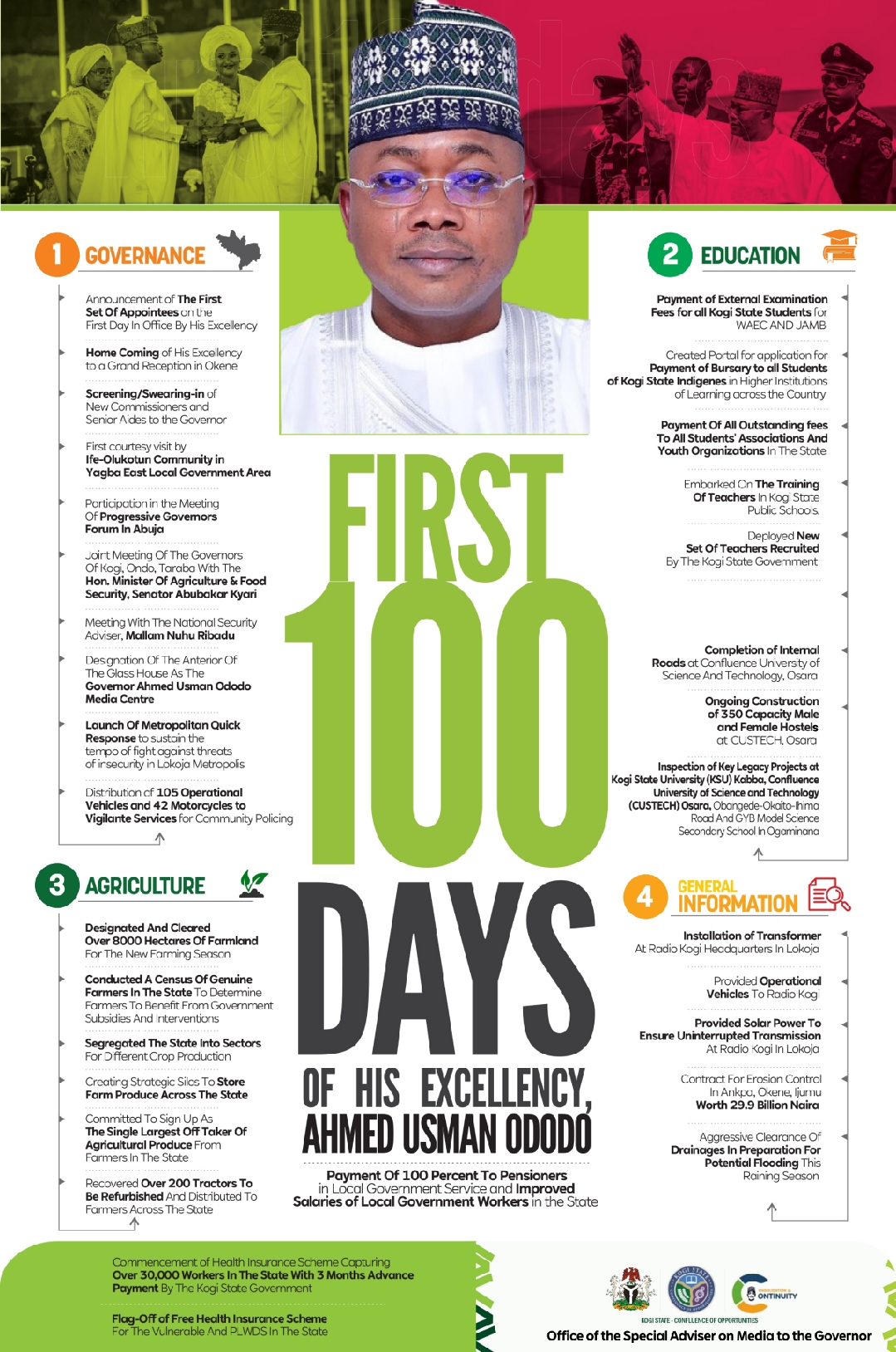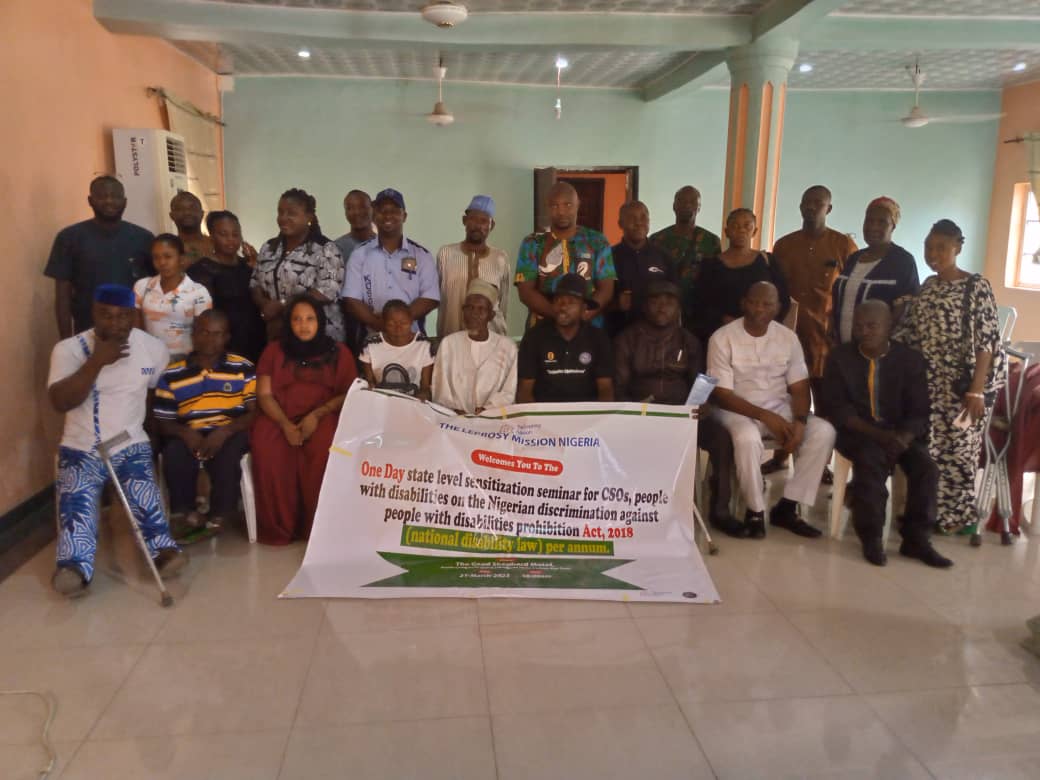
By Bishop Aturu

Kogi Program Officer of The Leprosy Mission Nigeria, Mr. Ruben Isiah has described people with disabilities as one of the most marginalized groups in Nigeria and other parts of the world.

The seminar which was titled “State Level Sensitization Seminar for CSOs, People Affected by Leprosy and People with Disabilities on the Nigerian Discrimination Against People with Disabilities Prohibition Act, 2018, Per Annum, had relevant stakeholders present for reviews and recommendations.
In his opening remark, Mr Ruben stated that the Discrimination against Persons with Disabilities Act 2018 (DAPDA 2018) legally protects PWDs from discrimination in the workplace and the wider Nigerian society, stressing that disabled people have constantly been discriminated against, treated as less than humans, side-lined, neglected, and seen as objects of pity and instruments for alms begging.
According to him, with tenacious advocacy by disability rights groups and activists, Nigerian President Muhammadu Buhari signed the Discrimination Against Persons with Disabilities (Prohibition) Act, 2018, into law on January 23, 2019, though implementation has not yet taken place.
However he said, with the push from Leprosy Mission Nigeria and some other groups, Kogi state government, under the leadership of Governor Yahaya Bello had graciously passed and assented to “A law to establish the disability office, guarantee and protect the rights of persons living with disability, and for other matter connected therewith, 2018″.
He added that the seminar is aimed to enlighten and sensitize relevant stakeholders on what the Nigerian discrimination against people with disabilities prohibition Act, 2018 postulated and the need for it full implementation.
Mr. Ruben further disclosed that the newly elected House of Assembly Members will be trained when they assume office, so as to bring them up to speed on the progress made so far and the nitty gritty of the Act.
In his seminar presentation, titled ” Overview of disability laws in Nigeria, the convention on the rights of people with disabilities (CRPD) and the need to call for review in Kogi State, The Executive Director, Renaissance Care and Empowerment Foundation in Kogi State, Ambassador Idris Ozoveha Muraina who also doubles as the State Chairman of Kogi NGO Network (KONGONET), disclosed that the CRDP is an international human rights treaty of the United Nations intended to protect the rights and dignity of persons with disability.
He added that one of the aims of CRDP is to primarily protect persons with disabilities against exclusion from participation, while outlining ways in which government can remove barriers and promote the inclusion and participant of person with disabilities in development and among others.
According to him, CRDP holds that; disability is an evolving concept and that disaresults result from the interaction between persons with impairment and attitudinal and environmental barriers that their full and effective participation in society on an equal basis with others.
While highlighting the barriers as; Physical barriers, Communication barriers, Policy barriers, and Attitudinal barriers, he advised that persons with disabilities need to be able to access and enjoy the full range of human rights, including legal recognition and protection and access to services and programmes, on an equal basis with others.
Highlights of the sensitization seminar are; final review of the disability bill, interactive session, and constitution of a committee to harmonize views and perceptions of various clusters concerning the disability law.



